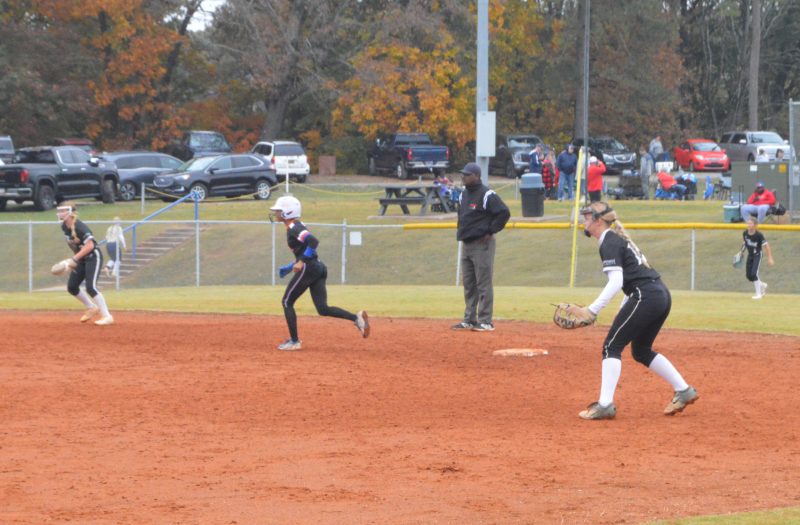What To Do When The Ump Gets In Your Head
We've all had those games. You know, the ones where you feel good, you're hitting your spots, you're seeing the ball, you're on point! Then, seemingly out of nowhere, the umpire appears to make a bad call. You may brush it off, but suddenly it seems as if the ump has changed the strike zone for the past eight pitches or changed the rules of the game. The next thing you know, you've given up two walks, struck out, or watched the other team score three runs. You may feel a combination of emotions, such as frustration, distraction, and possibly even anger. At the moment, you may think the umpire is changing the game!
Now, let's have an honest talk about what really happens in those moments. Maybe the umpire did actually miss a call, or maybe they got the call correct. The truth is, it doesn't matter. Do you know why? Because whatever happened is in the past. It can't be changed (unless there's a review of the call whenever appropriate).
When you allow yourself to get distracted by one call and let yourself stay upset through the next few calls (or for the rest of the game), you are living in the past. When you keep your mind in the past, you are not able to focus on what is happening in the present moment.
Staying present in the moment is a key component of something called mindfulness. When we practice staying present in the moment, we are able to control our attention span, increase concentration, and focus on relevant information.
Another important piece of being present (mindful) is to avoid judging yourself, others, or the situation. This means accepting the emotions you have about the call, the umpire, your performance, and moving through the moment quickly. Below are two strategies for how to move through the moment without letting the umpire "get in your head."
Make A Choice
The beautiful reality about the mental game is that we always have a choice. We have a choice in what we want to put our focus on in each moment. In situations where a call (or missed call) happens to you in a way that negatively influences your perception of the situation, you can choose how to proceed with your game. Let's explore your options.
Option A: You can choose to continue thinking about the situation and how it makes you feel (e.g., angry, frustrated, upset). If you go with this option, what you're doing is living in the past. The situation happened, and if you think about it, is there anything you can do after the fact to change the event? Most likely not. With this option, the longer you allow yourself to focus on the emotions and the event, the more negative your thoughts can get. The longer you continue those thoughts, the longer those emotions stick around. Before you know it, three innings have passed and you've performed poorly because you're mind is focused on a past event that you can't change. This means you've missed important cues during the game because you're not focused in the present moment. You're still playing the game three innings in the past.
Option B: You can choose to put your focus on what you CAN do to improve the situation moving forward. With this option, you want to acknowledge how the event made you feel, and then redirect your attention to "what can you do about it?" or "next play." This option helps you shift your attention to the present moment more quickly and out of the past. Something that can help you is to ask yourself, "What's important now?" or "W.I.N.". Identify the tasks, thoughts, actions, and behaviors that are important to you in the present or next moment that will help your performance or the situation. For example, after a heated moment with the umpire after a pitch call you didn't agree with, what's important for your successful performance for the next action?
Take a moment and reflect. Think about the last time you remember getting upset with an umpire's call. Which choice did you make: Option A or Option B? How did you perform after that choice was made? The next time the umpire makes a call you don't agree with, be intentional about making a choice for Option B. Choose to put your attention on the things that are important in that moment that will help you be successful or productive in the very next play or action. And remember, we always have a choice, so if you find yourself wrapped up in Option A and things are not going well for you, make a different choice.


























